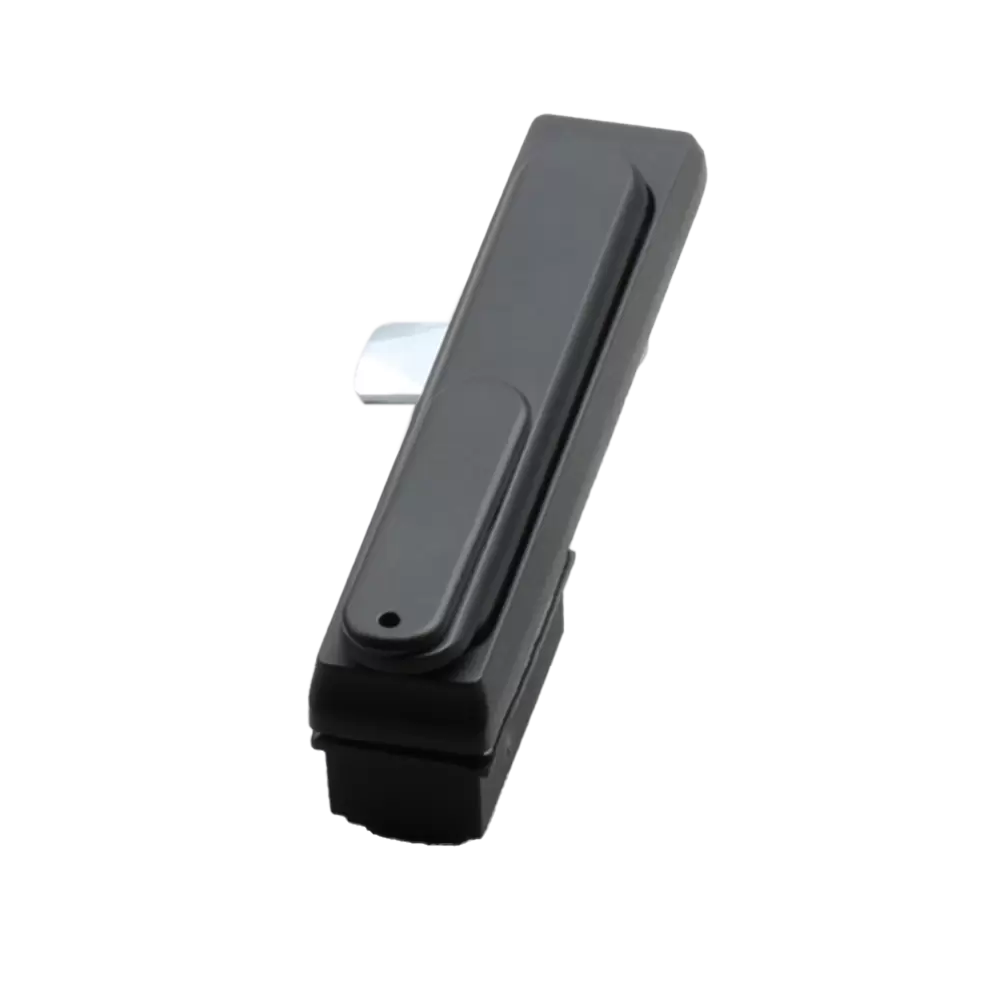In an age where security is paramount, understanding the various types of locks available can significantly enhance your safety and peace of mind. Whether you are a homeowner, a business owner, or simply someone looking to secure personal belongings, choosing the right lock is crucial. This article delves into the best types of locks, their features, and their applications, ensuring you make an informed decision.
- Understanding Lock Types
Locks can be broadly categorized into several types based on their mechanisms and applications. The most common categories include:
- Mechanical Locks
- Electronic Locks
- Smart Locks
- Padlocks
- Deadbolts
Each type has its unique advantages and disadvantages, making it essential to understand their functionalities.
- Mechanical Locks: The Traditional Choice
Mechanical locks are the most traditional form of locking mechanisms. They operate without the need for electricity or batteries, relying instead on physical keys or combinations.
a. Pin Tumbler Locks
Pin tumbler locks are perhaps the most widely used mechanical locks. They consist of a cylinder containing pins of varying lengths. When the correct key is inserted, the pins align, allowing the lock to turn. These locks are commonly found in residential doors and are known for their reliability.
b. Wafer Locks
Wafer locks are similar to pin tumbler locks but use flat wafers instead of pins. They are often used in cabinets and furniture due to their compact size. While they offer moderate security, they are generally easier to pick than pin tumbler locks.
- Electronic Locks: The Future of Security
Electronic locks have gained popularity due to their convenience and advanced features. They can be operated using keypads, cards, or biometric data.
a. Keypad Locks
Keypad locks require a numerical code to unlock. They eliminate the need for physical keys, making them ideal for high-traffic areas such as offices and rental properties. However, users must remember their codes, and codes can be vulnerable to unauthorized sharing.
b. Biometric Locks
Biometric locks use unique biological traits, such as fingerprints or retinal scans, to grant access. They offer a high level of security, as it is nearly impossible to replicate a person's biometric data. However, they can be more expensive and may require regular maintenance.
- Smart Locks: The Ultimate Convenience
Smart locks represent the cutting edge of locking technology. They can be controlled remotely via smartphones or integrated into home automation systems.
a. Bluetooth and Wi-Fi Enabled Locks
These locks allow users to lock and unlock doors from anywhere using a smartphone app. They often come with features such as temporary access codes for guests and activity logs. However, they rely on battery power and can be vulnerable to hacking if not properly secured.
b. Keyless Entry Systems
Keyless entry systems provide a seamless experience, allowing users to unlock doors without physical keys. They often incorporate multiple authentication methods, such as mobile apps, key fobs, or biometric data, enhancing security.
- Padlocks: Versatile Security Solutions
Padlocks are portable locks that can be used for a variety of applications, from securing gates to locking storage units. They come in different styles, including:
a. Combination Padlocks
These locks use a rotating dial or a series of buttons to enter a combination. They are popular for lockers and outdoor storage but can be less secure if the combination is easily guessed.
b. Keyed Padlocks
Keyed padlocks offer a higher level of security and are available in various sizes and materials. They are ideal for securing bicycles, sheds, and other outdoor equipment.
- Deadbolts: The Gold Standard for Door Security
Deadbolts are a must-have for residential security. They provide an additional layer of protection beyond standard doorknob locks.
a. Single Cylinder Deadbolts
These locks are operated with a key from the outside and a thumb turn from the inside. They are suitable for exterior doors but should be used with caution if the door has a window nearby.
b. Double Cylinder Deadbolts
Double cylinder deadbolts require a key for both sides, making them ideal for doors with glass panels. However, they can pose a safety risk in emergencies, as they require a key to exit.
Conclusion: Choosing the Right Lock for Your Needs
Selecting the best type of lock depends on various factors, including the level of security required, the location, and personal preferences. While mechanical locks offer reliability, electronic and smart locks provide convenience and advanced features. Padlocks and deadbolts serve specific purposes, ensuring versatility in security solutions.

